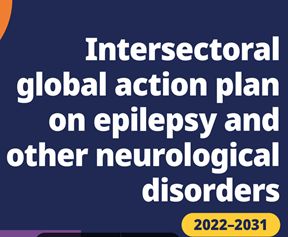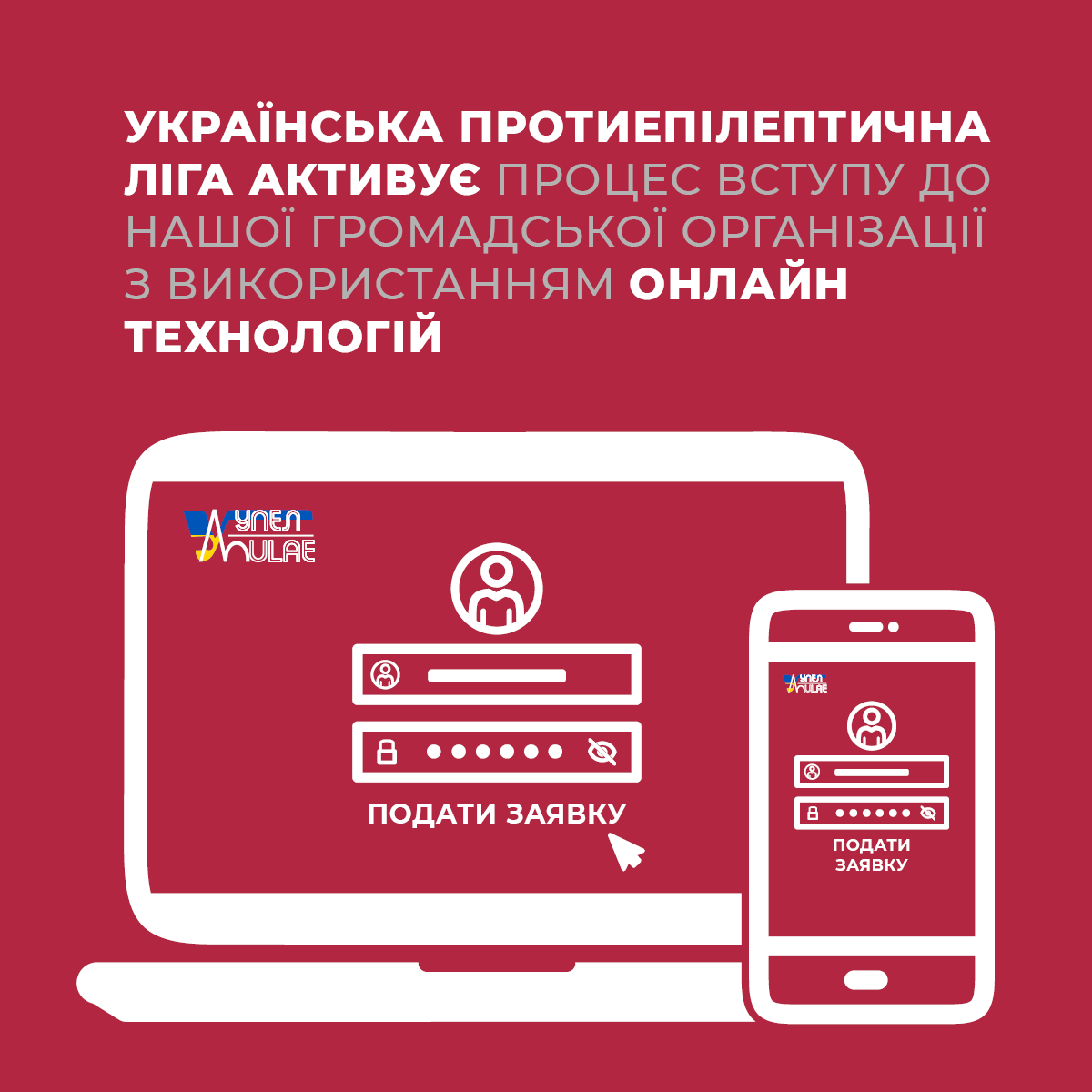Editor’s Choice vol. 118: Barriers and facilitators to healthcare
practitioners providing care for pregnant women
with epilepsy: A systematic review and narrative synthesis.
Markus Reuber MD PhD, Academic Neurology Unit, University of Sheffield,
Royal Hallamshire Hospital, Glossop Road, Sheffield, S10 2JF
Medical students who visit my outpatient clinic are often amazed (or perhaps better:
stunned) when they realise how much their understanding of what epilepsy is differs
from the real-life challenges patients with this condition face. While talk about seizures
or antiseizure medications certainly features in most encounters, other issues are often
much more pressing. Patients may not have had a seizure for nine months but still be
unable to find work because they are not allowed to drive. Others are worried about
going out on their own in case they have a seizure in public. Patients may seek help with
symptoms of depression because their family doctor was concerned about
antidepressants lowering the seizure threshold. Women may want advice on
contraceptive methods which do not interact with their epilepsy or antiseizure
medication.
Apart from realising that seizures, while only taking up a tiny proportion of a person’s
lifetime, have profound effects on many other aspects of life, the students learn that
epilepsy does not only affect patients themselves but also their families and social
circles.
One scenario in which both these features of epilepsy – that it is about more than the
core symptoms of the condition itself and that it also affects people close to the person
with epilepsy – are particularly relevant is pregnancy. Pregnancy may be a “natural”
phenomenon in the life cycle of mammals but, for good reasons, it has become heavily
medicalised. In developed countries pregnant women have to navigate a system of
medical and maternity care which can become quite complex when they have a medical
condition. While pregnancy may be complicated by epilepsy (1), it has also been
identified a “golden opportunity” for women with the condition to have their diagnosis
and treatment reviewed and optimised (2). However, for this process to work, women
have to know how to access advice, clinicians have to be aware of the evidence they
should impart, and service providers in different specialities or organisations have to
communicate and collaborate with each other.
My editor’s choice from the current volume of Seizure, a systematic review by Anna
Hughes et al. provides insights about how pregnancy care can be optimised (3). Of the
five themes, only one is a facilitator: Several of the 16 original publications which
contributed to the review identified high levels of practitioner motivation to improve
services. Four themes identified hurdles: While knowledge about the management of
epilepsy in pregnancy is generally quite good, practitioners may struggle to apply this
knowledge in individual circumstances. Communication of knowledge can be difficult,
especially when patients have intellectual difficulties. The necessities of sharing the care
between epilepsy and obstetric specialists create challenges of interaction. And – last but
not least – clinicians have little time, and resources (including guidelines) may be lacking.
Alternatively different sets of guidelines may conflict with each other.
Readers motivated to tackle the challenges and make the best of the “golden opportunity”
to improve pregnancy outcomes but also the epilepsy management of women beyond
pregnancy are referred to a multispeciality paper previously published in Seizure which
makes specific suggestions for patients with epilepsy, obstetricians and midwifes,
neurologists and specialist epilepsy nurses, pharmacists, emergency department physicians,
primary care providers and epilepsy service commissioners (2).
References
(1) Shahla M, Aytan M. Clinical characteristics, seizure control, and delivery outcomes in
pregnant women with focal and generalized epilepsies. Seizure 2024;117:67-74
(2) Leach JP, Smith PE, Craig J, Bagary M, Cavanagh D, Duncan S, Kelso ARC, Marson AG,
McCorry D, Nashef L, Nelson-Piercy C, Northridge R, Sieradzan K, Thangaratinam S,
Walker M, Winterbottom J, Reuber M. Epilepsy and Pregnancy: For healthy
pregnancies and happy outcomes. Suggestions for service improvements from the
Multispecialty UK Epilepsy Mortality Group. Seizure 2017;50:67-72.
(3) Hughes A, Weckesser A, Danny E, Junaid F, Nelson-Piercy C, Black M, Allotey J,
Thangaratinam S, Dyson J. Barriers and facilitators to healthcare practitioners
providing care for pregnant women with epilepsy: A systematic review and narrative
synthesis. Seizure 2024;118:38-46.





